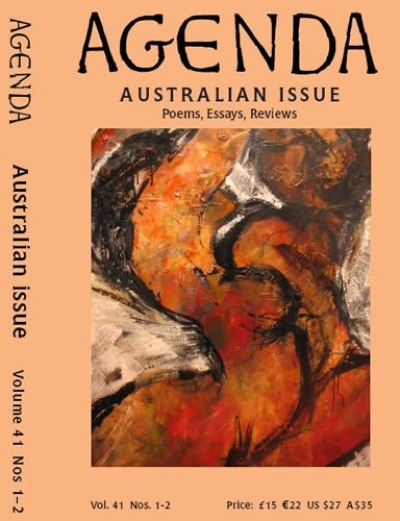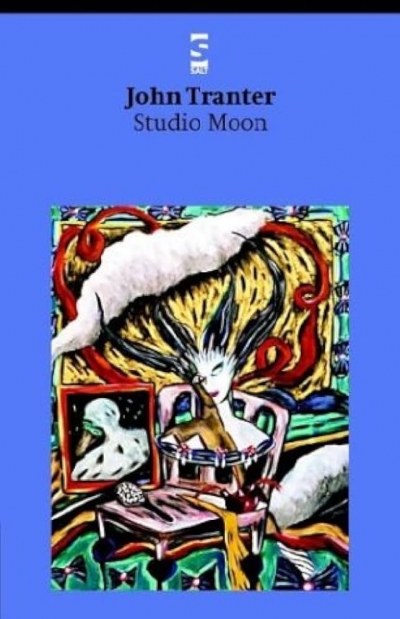John Tranter
Agenda edited by Patricia McCarthy & Jacket 28, October 2005 edited by John Tranter
Jacket edited by John Tranter and Pam Brown & Space edited by Anthony Lynch and David McCooey
To celebrate the best books of 2004 Australian Book Review invited contributors to nominate their favourite titles. Contributors included Dennis Altman, Brenda Niall, Kerryn Goldsworthy, Morag Fraser and Chris Wallace-Crabbe.
... (read more)Who’s who
Dear Editor,
Henry Ergas’s disingenuous response (ABR, November 2004) to my review (ABR, October 2004) of Peter Saunders’s Australia’s Welfare Habit and How to Kick It deserves a reply. Ergas poses as a dissatisfied ‘customer-reader’ of ABR. From this position, he expresses outrage at my review of Saunders’s book. Come off it, Henry!
... (read more)By the filling station on La Cienega a burger joint
somehow survives. This Sunday morning
a pink Thunderbird sags at the kerb,
and an old Studebaker, paint flaking.
... (read more)Have you noticed what’s happened to the daiquiri? It’s been reinvented, by the Teen Literati. Now it doesn’t seem fair to blame the Industrial Revolution for what happened to the daiquiri, or to Writing in Australia in the 1990s, but the Industrial Revolution started it – you know, the steam engine, World Wars, radiation poisoning, filter-tipped cigarettes, Mickey Mouse, germ-free hamburgers, and air travel holidays for the working family. And the Industrial Revolution was kick-started by the bourgeoisie. That’s right: you people, the middle class.
... (read more)




